The Uses of Sorrow: A Meditation For Maundy Thursday
“A new commandment I give you: Love one another. As I have loved you, so also you must love one another. By this all men will know that you are My disciples, if you love one another.”
Want to learn more about the intersection of Christianity and Buddhism? Check out our Holy Heretics episode with Danielle Shroyer, “How Buddhism Changed My Evangelical Mind.”
Today is Maundy Thursday, named after the Anglo-French word “mandatum,” which means commandment. On the night before He died, Jesus had one more thing to say to His disciples, one final word fulfilling all the law and all the prophets, one last gift exemplifying everything He’d said and done: Love one another. Love was Jesus’ first and last word. Yet love—love of self, love for God, for our neighbors, for strangers, and yes, even for our enemies—is the greatest and most difficult commandment.
The heart of spirituality and the journey toward human wholeness is learning how to love well. We’re born with all this love in our hearts, but as we grow up, little pieces of it fall away. Childhood trauma, a broken friendship, a spouse who walks out, spiritual abuse, betrayal, addiction, neglect, or any number of damaging wounds darken your heart and swallow your soul. For protection, we retreat and become hardened, creating a callous indifference to the suffering of others. Yet on this holiest of days, we are asked one last time to love one another. But how do we do it since even the word love has so many sappy and unhelpful connotations?
In the Christian tradition, active love is compassion, or the sometimes agonizing ability to experience life in somebody else’s skin, to feel and share their pain. In Buddhism, this opening up of the heart in suffering kindness is called bodhicitta. A Sanskrit word meaning “noble or awakened heart,” bodhicitta means to be awake, enlightened, and completely open. Achieving this state of being is often called finding your soft spot or revealing that place in your soul as tender and vulnerable as an open wound. It hurts, but as you discover bodhicitta you notice this gravitational pull toward human suffering, not away from it. As author Pema Chodron writes in her book When Things Fall Apart, “Whenever we let go of holding on to ourselves and look at the world around us, whenever we connect with sorrow…in these moments bodhicitta is here.” It means holding intimate space with those who are hurting, abandoned, neglected, and betrayed because, like them, you know exactly how it feels to be hurting, abandoned, neglected and betrayed.
Pain is mysterious that way, even paradoxical. “Someone I loved once gave me a box full of darkness. It took me years to understand that this too, was a gift,” writes the poet Mary Oliver. A dark bestowal given and received, cutting your heart and bearing your soul unearthing your soft spot, a spot often hidden by privilege, apathy, and affluence.
Today we pause to remember that true love means suffering for and with others. God’s response to our human suffering was to take on flesh and suffer with us. That is what love looks like. “Suffering is overcome by suffering, and wounds are healed by wounds,” writes theologian Jurgen Moltmann in his book The Crucified God. Ultimately, as the resurrection proves, love is even stronger than death. And that kind of love will heal the whole world.
Gary Alan Taylor


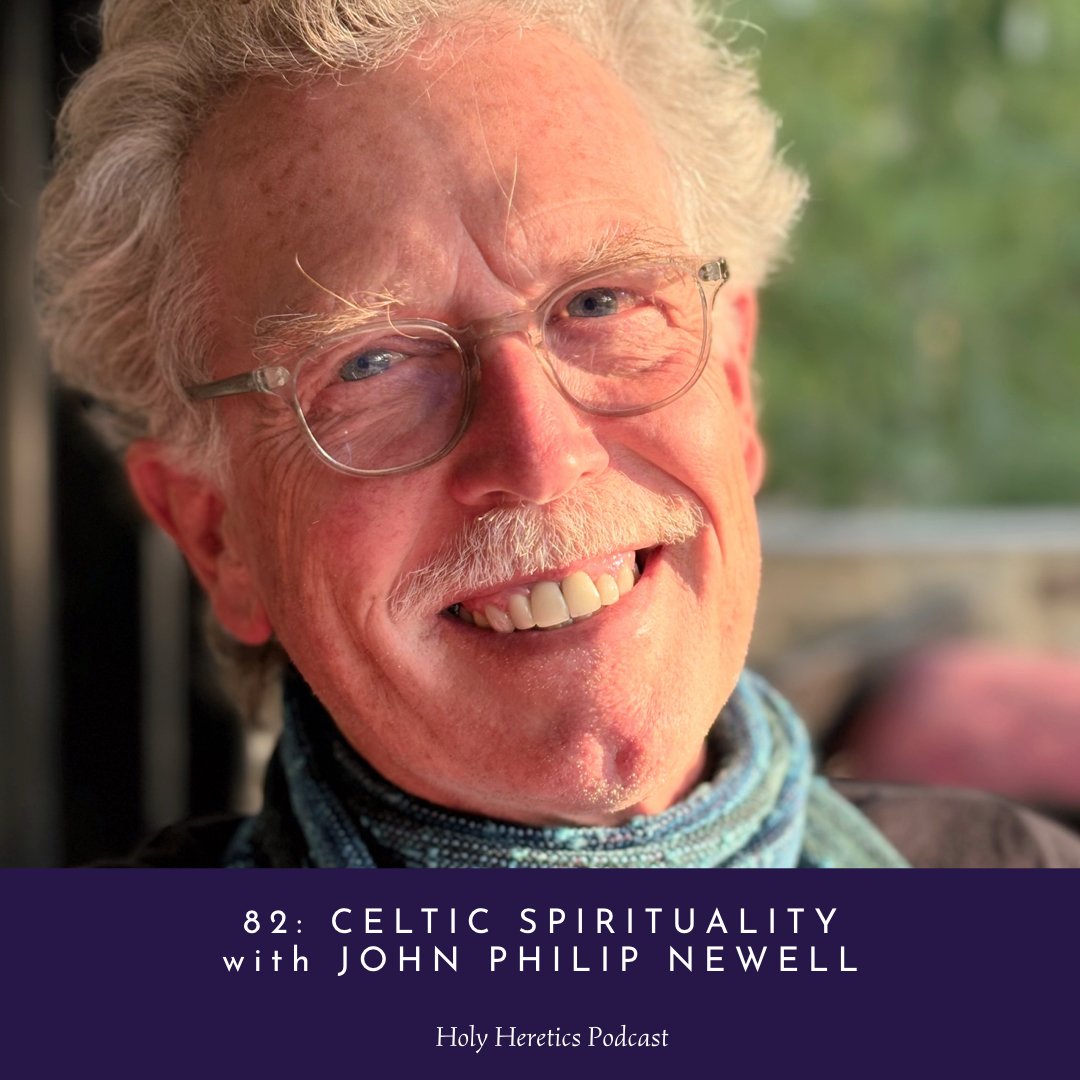
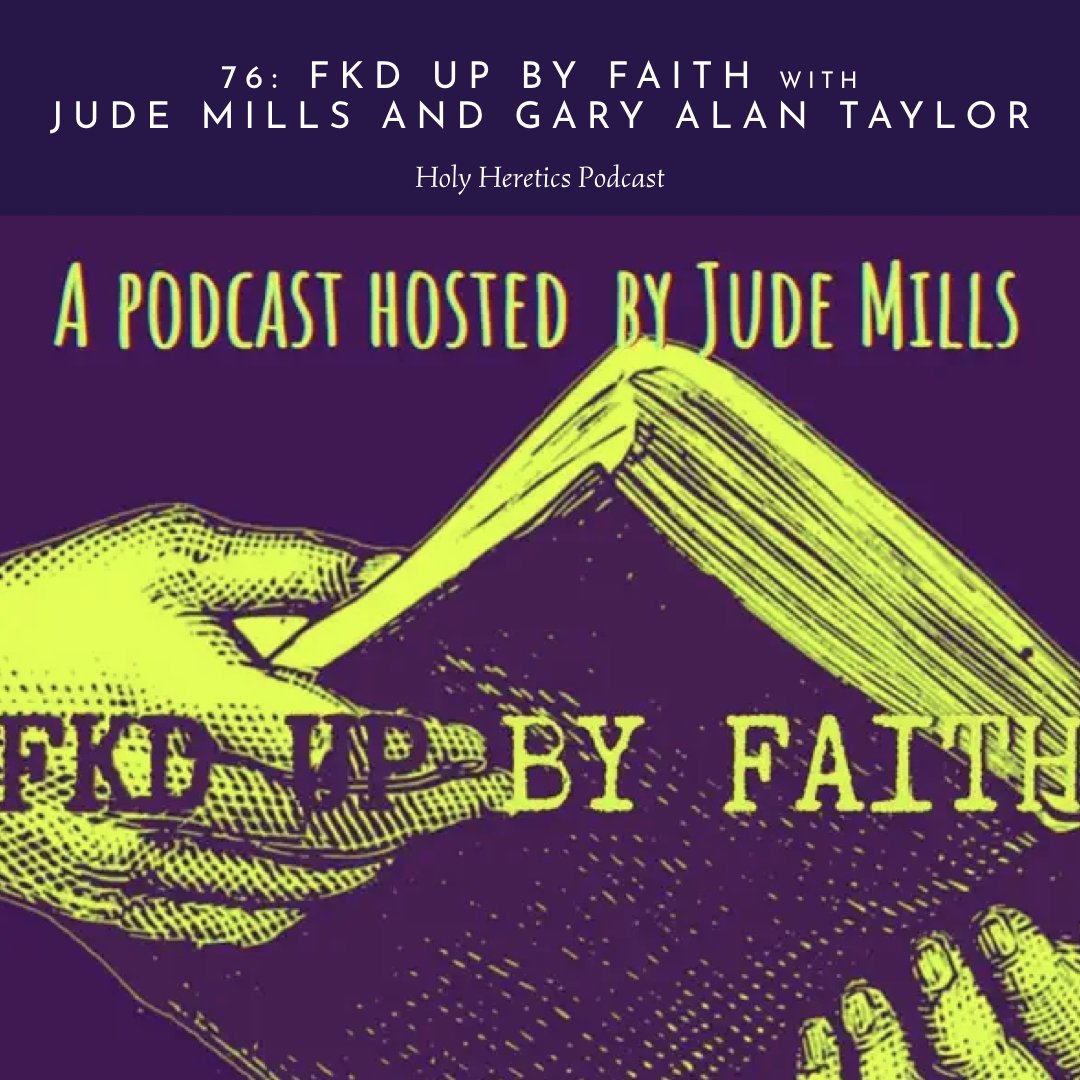
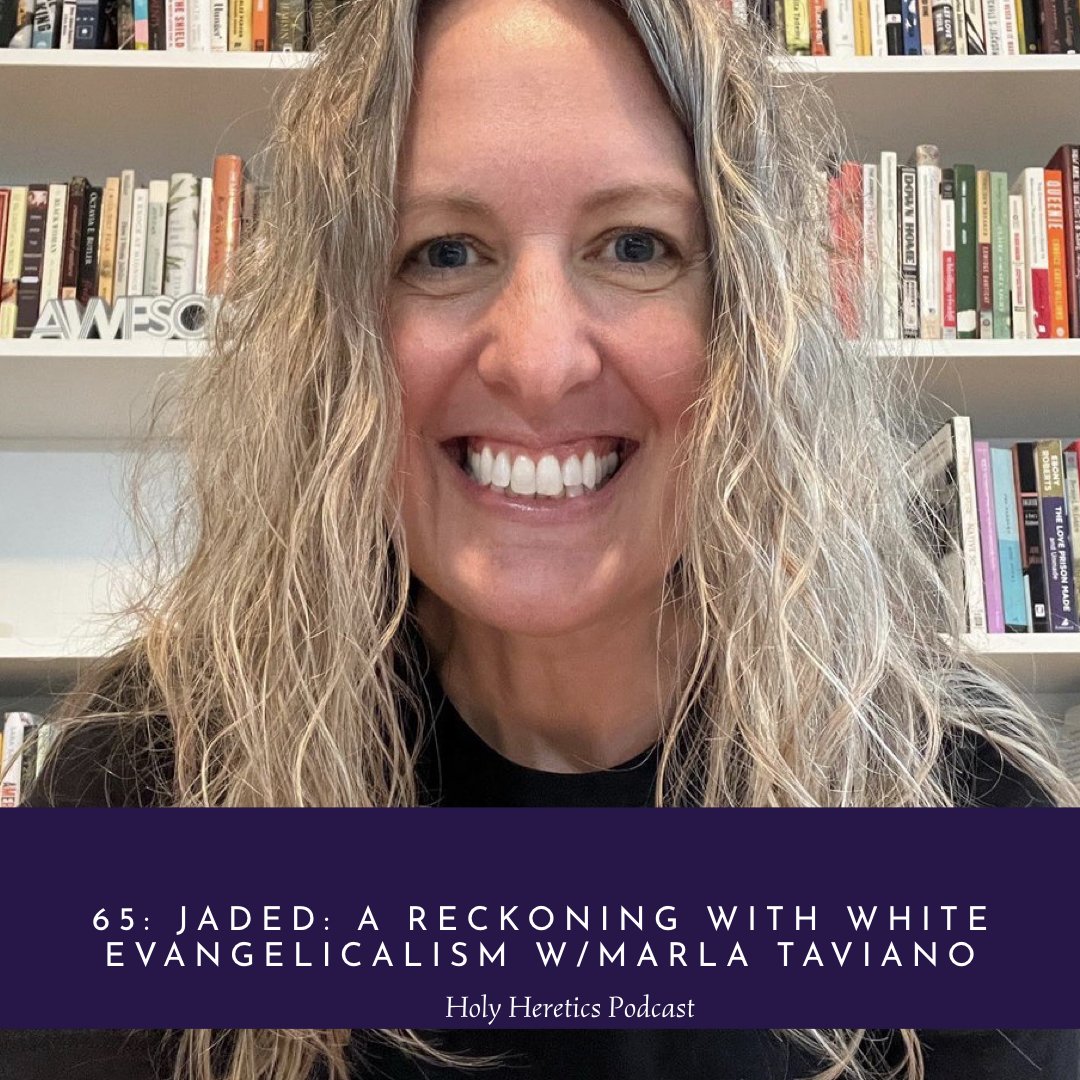
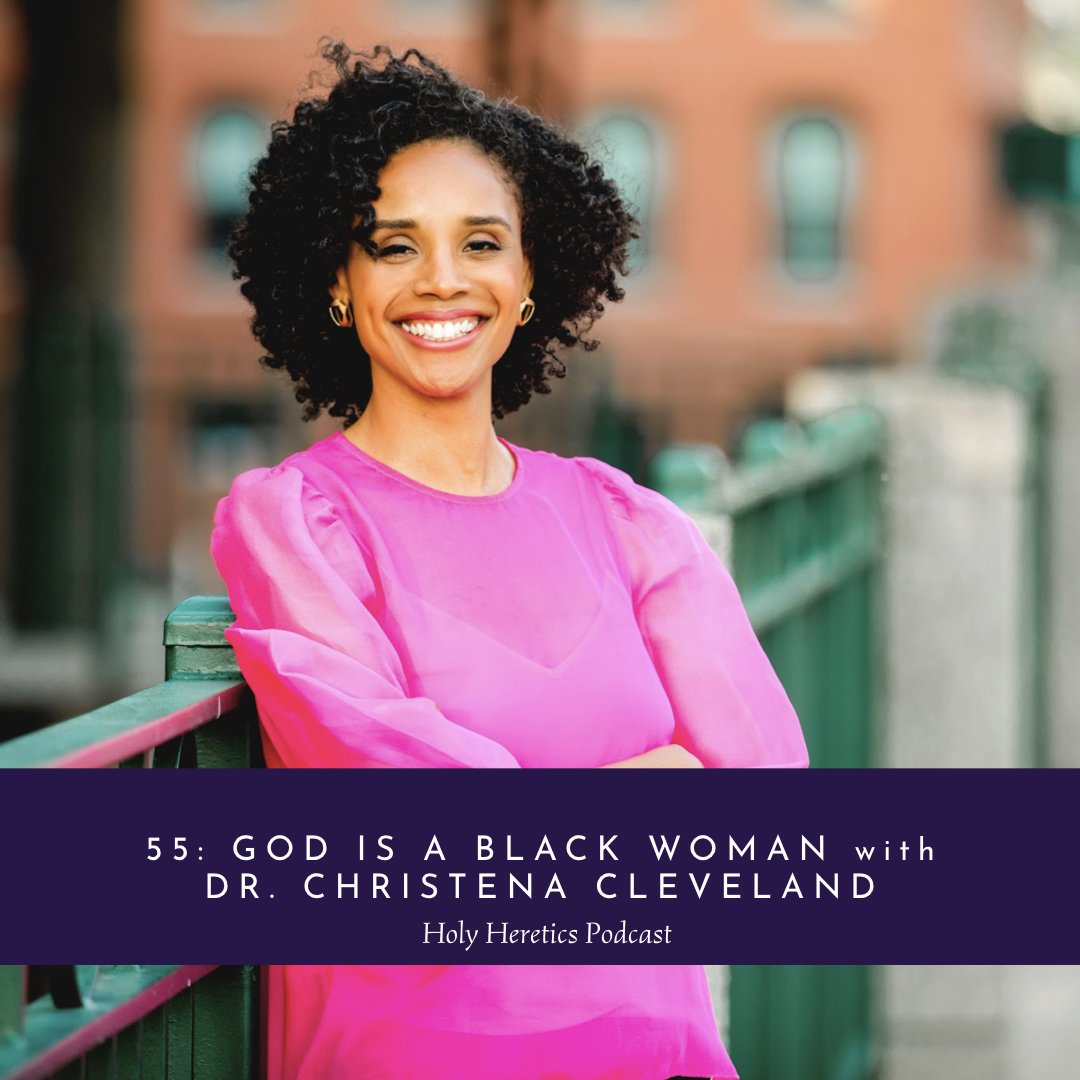
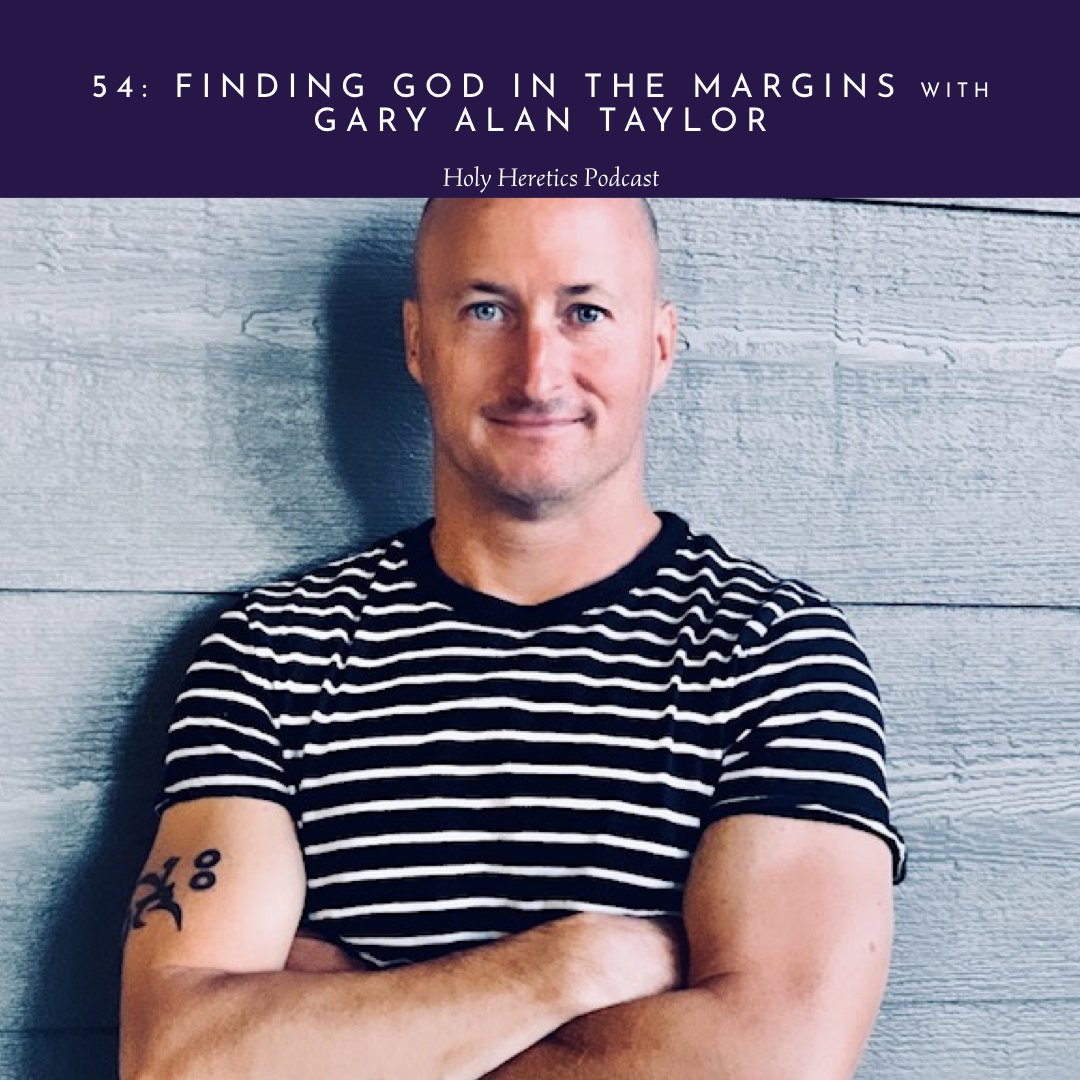
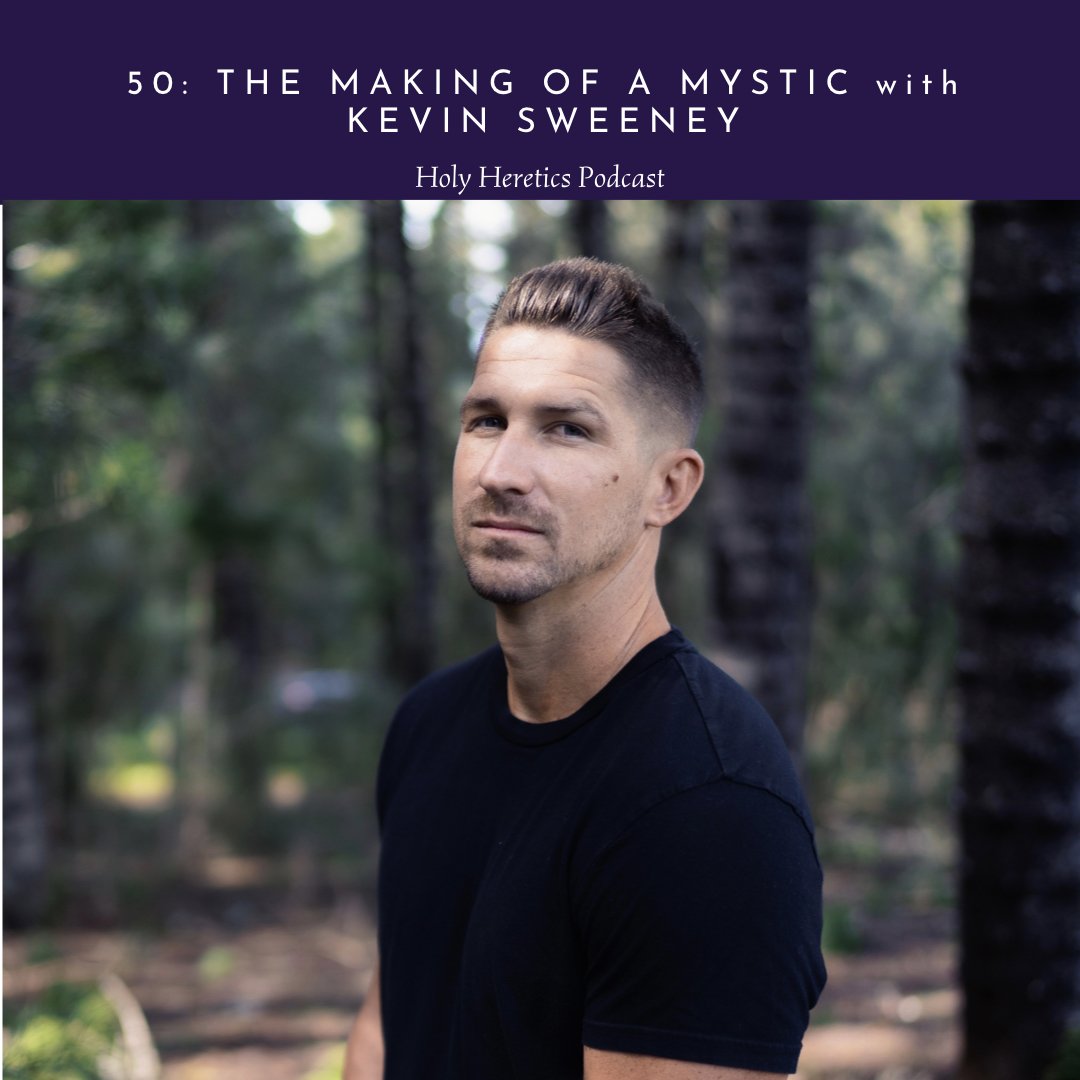
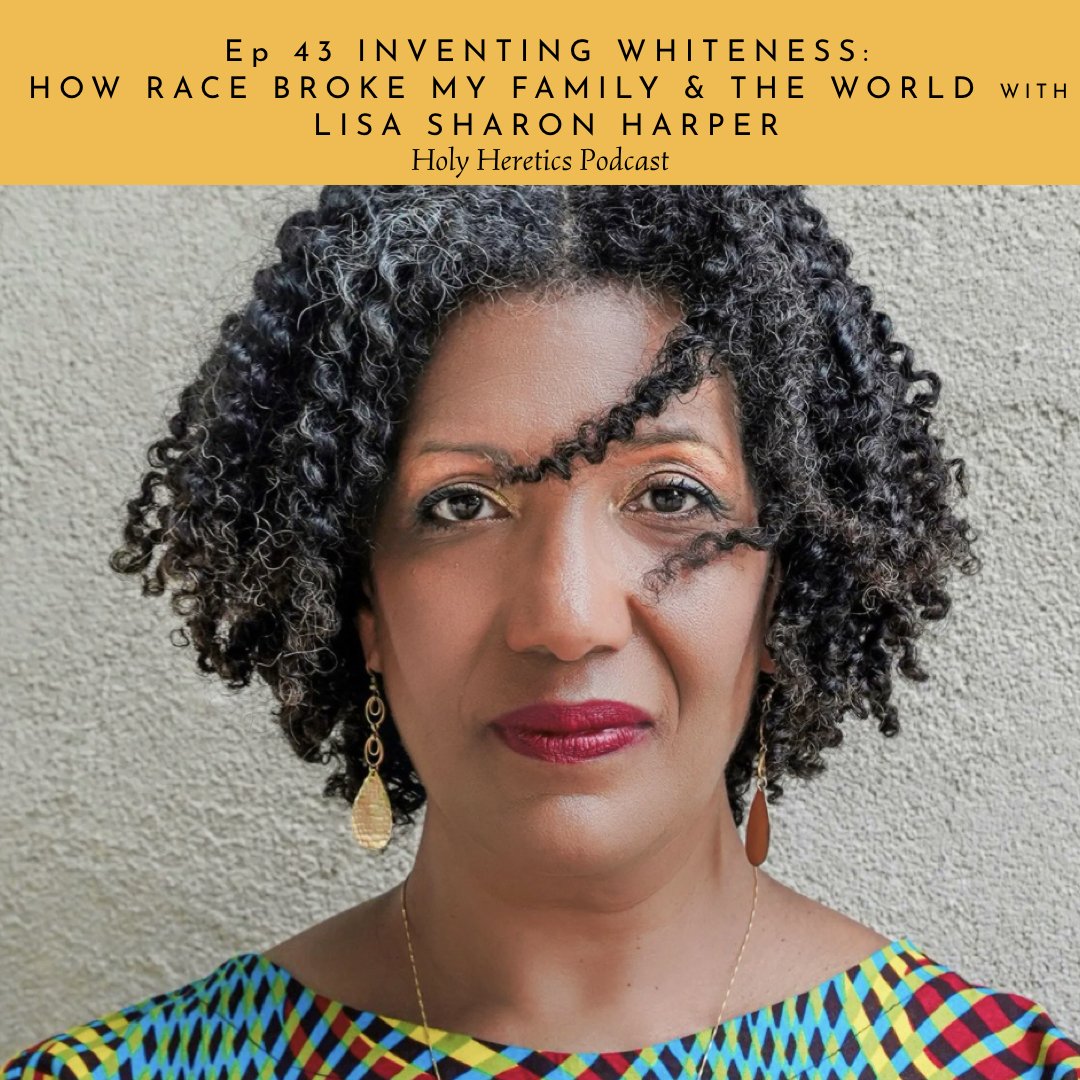
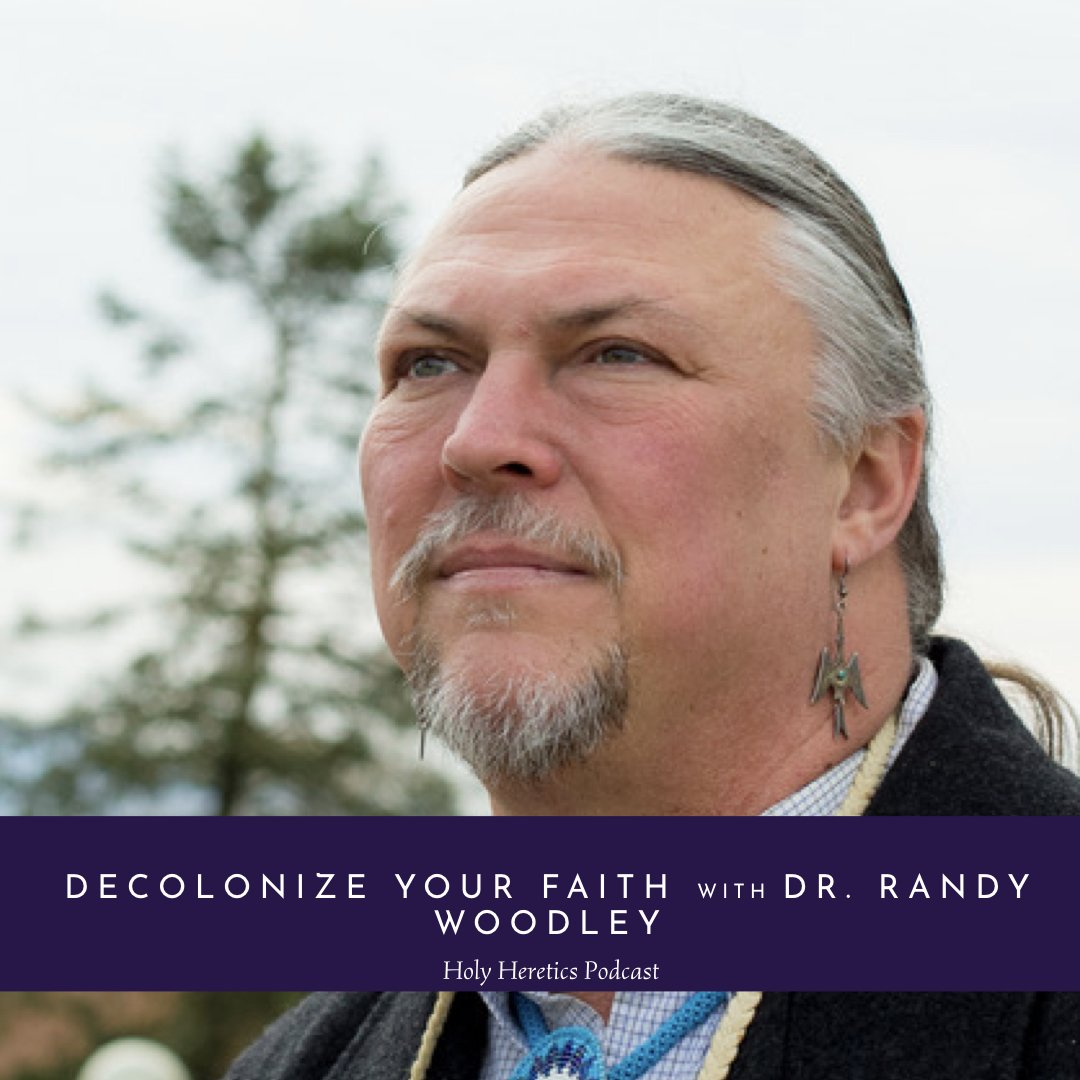
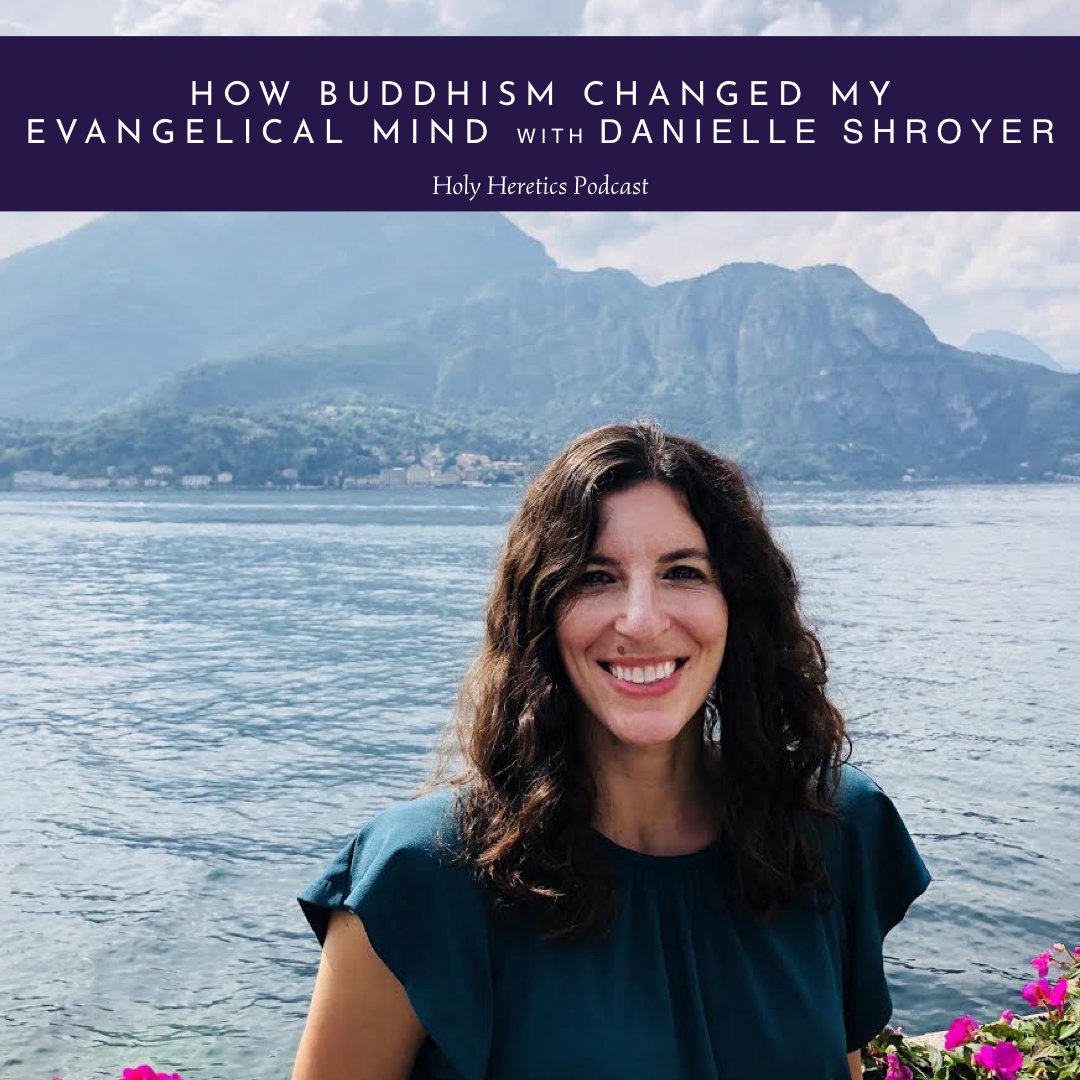
This rising interest in ecospirituality reflects a growing recognition that environmental issues cannot be addressed solely through scientific or political means, but also require a profound shift in our worldview, values, and spirituality.